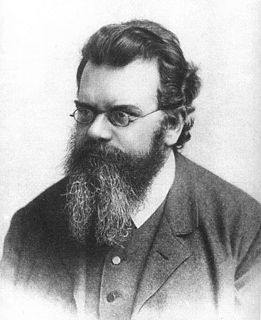A Quote by David Hume
Berkeley , Hume, Kant , Fichte , Hegel , James , Bergson all are united in one earnest attempt, the attempt to reinstate man with his high spiritual claims in a place of importance in the cosmic scheme.
Related Quotes
The attempt to live that way, the attempt to treat everybody - it fails all the time - but the attempt to treat people as equals is a good attempt. It's a very good attempt. And there have been very few governments that have come anywhere near it in the past. The Greeks began to, the Romans began to - they both failed.
Moral theory develops from the divine command theory of medieval Christian philosophy, mixed up with a bit of ancient pagan virtue theory, to the purely secular moral sentiment and interpersonal reaction theories of Smith and Hume, to Kant's attempt to restore command theory but with something supersensible in the individual rather than God as the source of authority.
There probably is no more important quest in all science than the attempt to understand those very particular events in evolution by which brains worked out that special trick that has enabled them to add to the cosmic scheme of things: color, sound, pain, pleasure, and all the other facets of mental experience.
To go straight to the deepest depth, I went for Hegel; what unclear thoughtless flow of words I was to find there! My unlucky star led me from Hegel to Schopenhauer . . . Even in Kant there were many things that I could grasp so little that given his general acuity of mind I almost suspected that he was pulling the reader's leg or was even an imposter.
In my acquaintance with John Rawls, I found him to be a simple and honest man, who just by chance also happened to be the greatest moral philosopher of the twentieth century. I would like to think that I could emulate at least his modesty - his refusal to exaggerate his perception of himself and his place in the larger scheme of things - even if my work never compares with his in its importance.
I, in my own mind, have always thought of America as a place in the divine scheme of things that was set aside as a promised land...Any person with the courage, with the desire to tear up their roots, to strive for freedom, to attempt and dare to live in a strange and foreign place, to travel halfway across the world was welcome here.
Protestantism, of course, is much more explicitly divided into different traditions - the Pentecostals, the Anglicans. But there is the main tradition of Protestantism that comes out of the Reformation and that produced people like Kant and Hegel and so on, who are not normally thought of as being people writing in a theological tradition, although Hegel, of course, wrote theology his whole life.
Both Kant and Fichte thought of traditions of revealed religion as ways of symbolically (that is, with aesthetic emotional power) thinking about our moral condition. Both thought that religion would become more and not less powerful, emotionally and morally, if the claims of scriptures and religious teachings were taken symbolically rather than literally (whatever 'literally' might mean in the case of claims that are either nonsensical or outdated or historically unsupportable if taken as metaphysical or historical assertions).





































